


This isn’t the first time DNetwork has participated in a discussion on the disability employment sector. However, the discussion that took place last Wednesday (26/2) was quite different. DNetwork was involved in this discussion, which was held by the US Consulate General in Surabaya, through video conferencing technology. Therefore, without having to fly from Bali to Surabaya, the DNetwork team could join as one of panelists and share their ideas with the 70 discussion participants who were present there.
The discussion was opened by the United States Consul General, Mark McGovern, who stated that he fully supports all efforts to increase inclusion in society, including in the workforce. During this discussion, the DNetwork team shared the virtual panel with two disability rights activists; Fira Fitri Fitria and Anjas Pramono. Fira is a journalist who is actively campaigning for anti-discrimination in the workspace through journalism, while Anjas is the initiator of the Activist Forum of Student Inclusion, also an Android-based application developer for people with disabilities.
On January 27, DNetwork in collaboration with the Marriott Bali Business Council held barista training for persons with disabilities at the Fairfield by Marriott Bali Kuta Sunset Road hotel. The training, which lasted around three hours, provided the participants with the basic theory of espresso-based coffee making. Participants also learnt how to use a coffee machine; starting from the process of grinding coffee beans, making various types of coffee, to machine maintenance.
It was very interesting to talk to the participants about the reasons why they attended this training. For some, their motivation was based on their love for coffee. Bagus, for example, one of the participants who came with his parents, considered himself a coffee connoisseur and aspired to establish his own coffee shop. Meanwhile, three students of SLB Negeri 2 Denpasar (Special Needs School) stated that they were motivated to take part in the training because they often go to the coffee shop with friends and were curious about the production process of the beverages they usually order.
This training is one of many that will be held by DNetwork throughout 2020, in collaboration with various organizations, communities, and companies. The whole series of training is intended to introduce people with disabilities to a broad scope of work so that they can explore and identify their interests and talents.
On Friday 20th December, DNetwork celebrated its 6th birthday at the Annika Linden Centre with a group discussion that explored what the organization can do in the future to make an even greater contribution towards people with disabilities. Around 20 participants attended the event, including representatives of the Bali Deaf Community (BDC), the Movement for Indonesian Deaf Welfare (Gerkatin), and the Indonesian Blind Association (Pertuni).
The results of the discussion had a major impact on DNetwork’s start to 2020. DNetwork has prepared several new programs related to the disability workforce sector, including a volunteer program that aims to open more opportunities for the general public who want to help out with DNetwork’s programs in various cities. Volunteers can help DNetwork hold educational events while also facilitating the connection between DNetwork and companies.
DNetwork and Accor Hotels Bali-Lombok signed a partnership agreement at the end of November. This partnership is expected to open more employment opportunities for people with disabilities (PwD). However, DNetwork and Accor do not focus only on work placement. This collaboration will also prioritize the pre-training program for PwD to prepare them to enter the professional work environment. In the pre-training program, Accor and DNetwork aim to provide PwD with a variety of essential skills in the hospitality industry, such as English and computing skills.
"Through this program, we continue to support employment opportunities in our hotels and help maintain the spirit of diversity and inclusion in all our properties," said Sylvain Pasdeloup — General Manager of Sofitel Bali Nusa Dua Beach Resort who also serves as Area Manager of Accor Bali- Lombok — to the journalists who attended the signing of the partnership agreement event at Amarterra Villas Nusa Dua Bali.